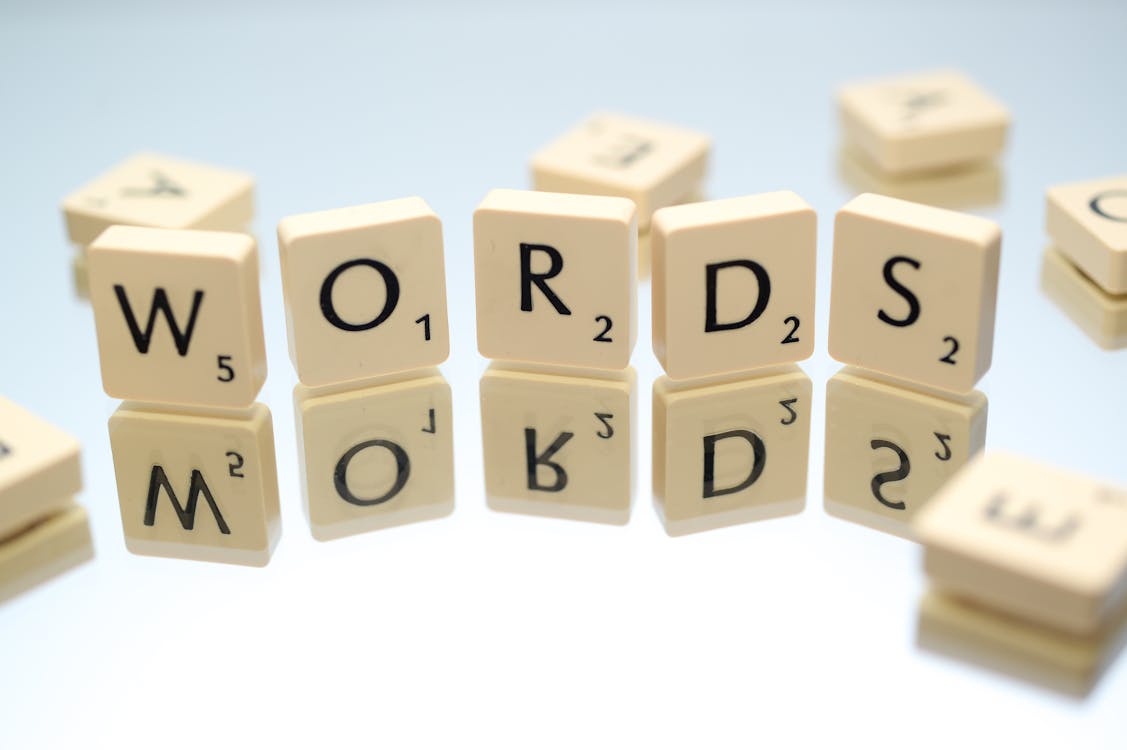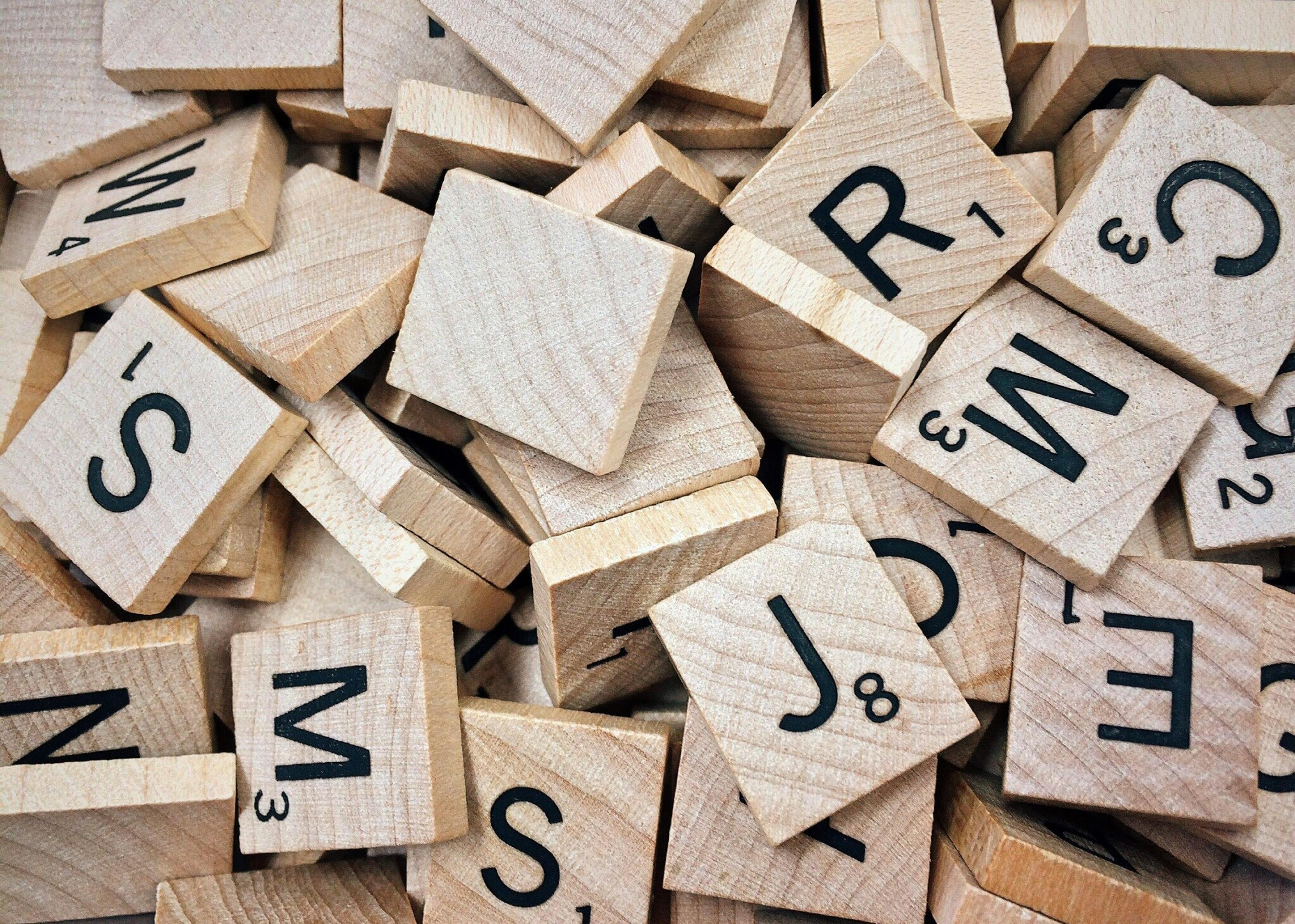
The ‘word gap’ matters. One of the nicest things in life is listening to children chatter. Their zest for life and their sparkling imaginations are enchanting. It goes without saying that children’s language skills matter. They need to express what they need or want; how they feel or think. They may use words to pass on information or to take part in role play. Good language skills help children learn to read and to make friends.
In The Gender Gap in Language and Literacy Development, researchers from the University of Bristol found that children who with below par language at five were over four times more likely to have below average reading skills at 11 than five-year olds who did have the expected level of language skills. Those who had good early language development in Reception were six times less likely to struggle with reading in Year 6 than those whose language development was poor.
Because language is so crucial in developing relationships and achieving academically, language development is the key to social mobility. This word gap hampers children’s ability to talk in sentences, to understand instructions and to put their thoughts into words.
The Word Gap

The ’30 million word gap’ is a phrase coined by Betty Hart and Todd Risley of the University of Kansas. Their landmark study found that children who live in poverty hear 30 million words less than a child in a higher-income family by age three. They also found that children in poorer families spoke around four times fewer new words per day. It’s not about a lack of care from the parents: Hart and Risley stated that the poorer children in their study received no shortage of love and care.
Why Closing the Word Gap Matters (Oxford University Press, 2018) states that, in a survey of over 1,000 teachers, 40% felt students lacked the vocabulary to access learning and over 60% of secondary teachers felt the gap between students with poor word knowledge and their peers was increasing.
How to Avoid the Word Gap
Chatting to your child is really important. Those little back-and-forth exchanged that seem so unimportant are helping your child develop good language skills. Here are some more ways to ensure you avoid the word gap.
1. Repeat your child’s words to reinforce them. For example, if your child says, ‘I like apples’, you should reply. ‘Yes. You like apples. I like apples too.
2. If your child makes a mistake, be careful how you correct them. It’s best to ignore the mistake but to say the word as it should be. For example, if your child says, ‘I want to play hosstables’, you should reply, ‘Yes, let’s play hospitals.’ This way, your child’s confidence is undaunted but s/he gets to hear the language in its correct form.
3. Sing songs and nursery rhymes. This is a great way to hold your child’s attention while s/he picks up new words and learns about sentence structure and rhyme. These are all going to help hugely with learning to read.
4. Describe their play, as they are playing. Just use very short phrases or single words, to encourage your child to copy. For example, ‘Big teddy. Drink tea. Lie down.’ You can also narrate what you are doing as you go about your daily lives.
5. Use picture books. Try to keep your phrases short when describing what is happening on each page. It’s also good to use books with words, particularly those which rhyme, like the Gruffalo.
Developmental Language Disorder
Poor language development should not be confused with Developmental Language Disorder (DLD). It’s believed that around 8% of children suffer from this disorder, which involves having problems understanding or using spoken language. DLD is only diagnosed when other possible causes, such as hearing loss, are ruled out. Children with DLD need specialist support in closing the word gap.
What is the government doing about the Word Gap?
Public Health England is working with the Department for Education to develop ways to assess children’s early language. There is additional training for health visitors and an agreed ‘pathway’ to ensure children’s difficulties are identified and supported. Some schools are running intervention programs which aim to address – and close – the word gap.
Can Better Tuition Help?
Better Tuition’s team of qualified teachers can most certainly help if your child is of school age. Whether you’d like to improve his/ her vocabulary, spelling, comprehension or writing, we will target areas of weakness and help your child develop the language skills they need to achieve and succeed in school. Call Paul Syrett or Christine McLaughlin now on 0161 748 3912 to book your FREE assessment or trial lesson. Find out today why we’re better!


